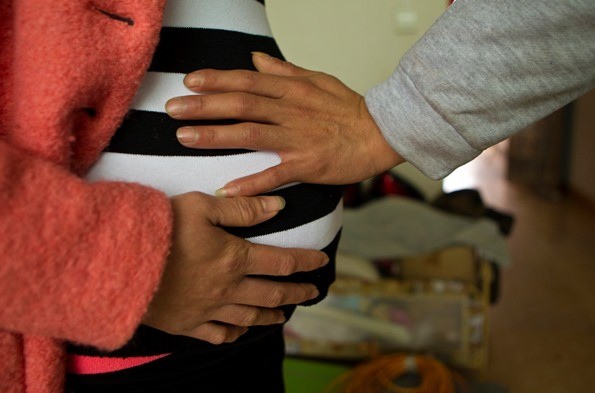On Jan. 19, the government of Guangdong Province launched a year-long campaign to crack down on underground surrogacy revealed to be rampant in China by the China Central Television (CCTV).
As the government said, anyone who participates and leads in the illegal business of surrogacy will be facing legal actions.
The campaign aims to hunt down individuals or third parties involved in the operation. Thus, it will also immediately close all websites or publications providing information about surrogacy or egg trading.
Also, as part of the campaign, the government will examine unlicensed medical techniques that encompass reproduction.
Surrogacy agencies in Beijing, Wuhan and Guangzhou were discovered by state broadcaster CCTV by means of a narrow investigation. These agencies help their clients search for eggs, surrogate mothers and unauthorized clinics.
Unfortunately, some of the egg donors were found to be students of universities and even high schools.
Since 2001, China has established a ban against surrogacy and sperm trade, but the implementation was not strongly imposed and thereby lowering the success rate of the early initiative.
Although it has been declared illegal in most of the counties, the rise of surrogacy is believed to be caused by combined factors such as growing infertility, easing of the one-child-per-family policy, and cultural pressure to gain more children, NY Times reported.
Black markets involving surrogacy have an estimated number of 10,000 births annually, as confirmed by experts.
The trade involves couples who are desperate to have children and poor women who are in need of money. The operations seem to take place in suspicious clinics.
Wang Bin, an associate professor at Nankai University's law school, said that "China's underground market shows that there is a need for surrogacy in society, and where there is a need, there is a market."
As per the surrogates, money can come in a handful amount, but it does not eliminate the grave risk of entrusting their health under unauthorized medical practitioners and legal prosecutions.



























